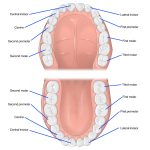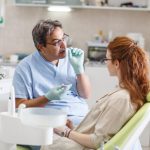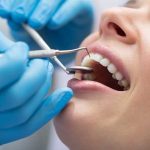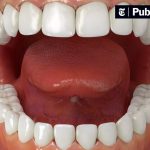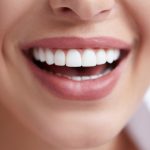5 Effective Ways to Improve Your Old Dog’s Bad Teeth
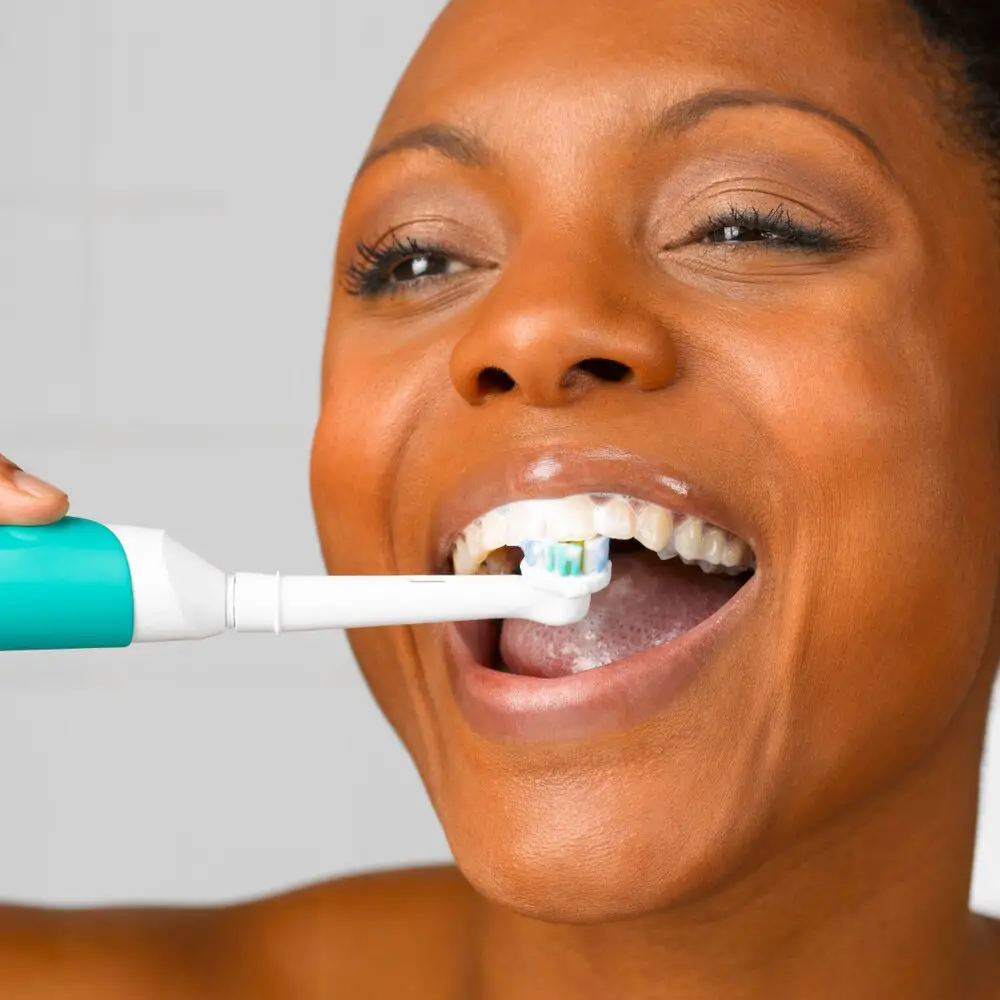
As our furry friends age, they may start to experience dental problems that can cause them discomfort and pain. Bad teeth in dogs can lead to various health issues, such as gum disease, tooth loss, and even heart problems. But with the right care and attention, you can improve your old dog’s bad teeth and keep them healthy and happy. In this article, we’ll discuss five effective ways to improve your old dog’s bad teeth. These tips include regular teeth cleanings, feeding them a healthy diet, providing them with dental chews and toys, using dental gels and sprays, and, if necessary, seeking veterinary care. By following these simple steps, you can help your furry friend maintain good oral health and avoid the discomfort and pain associated with bad teeth.
As dogs age, their teeth are more prone to decay and other dental problems, which can lead to discomfort, pain, and even serious health issues. Neglecting your dog’s dental hygiene not only affects their oral health but also their overall well-being. Poor dental health can cause bad breath, gum disease, tooth loss, and even infections that can spread to other parts of the body. It is crucial to prioritize your dog’s dental care by providing regular teeth cleaning, dental checkups, and a healthy diet. Taking care of your dog’s teeth can help them live a happier, healthier, and longer life.
Regular Brushing
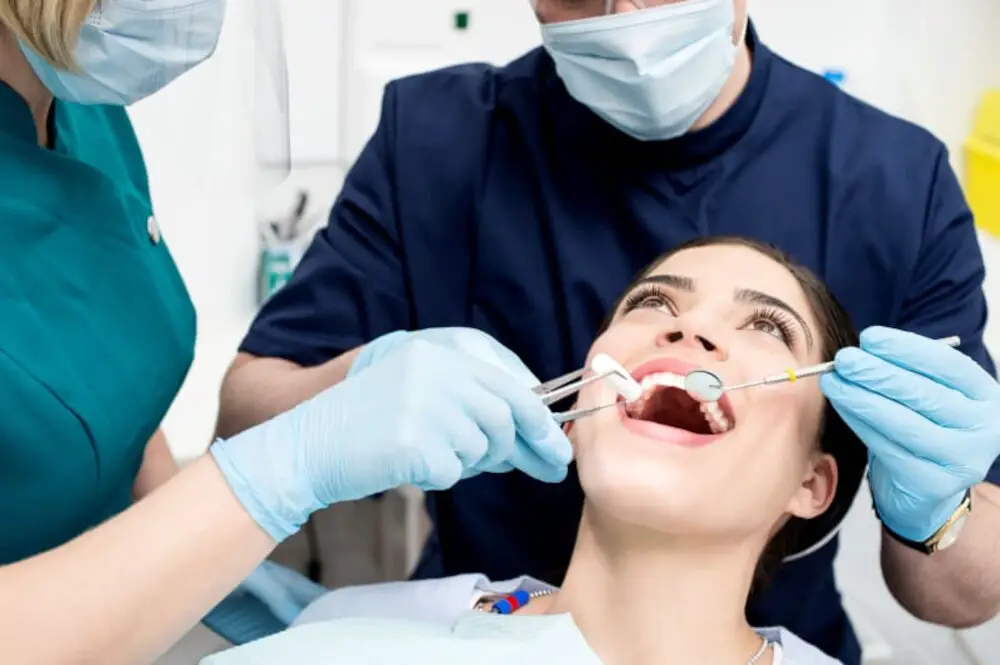
Regular brushing is one of the most important steps in maintaining your old dog’s dental hygiene. As dogs age, their teeth and gums become more vulnerable to infections, cavities, and gum diseases. Therefore, brushing their teeth at least twice a week with a dog toothbrush and toothpaste can prevent plaque buildup, reduce bad breath, and promote healthy gums. However, it’s important to note that you should never use human toothpaste on dogs as it contains ingredients that can be toxic for them. Instead, opt for dog toothpaste that comes in flavors that your dog will enjoy, such as chicken or beef. It’s also important to introduce your old dog to brushing gradually. Start by letting them smell and lick the toothpaste before applying it on their teeth. Then, gently brush their teeth in circular motions, focusing on the outer surfaces of their teeth and molars. Be patient and calm during the process, and reward them with treats and praise. Regular brushing not only improves your dog’s dental health but also strengthens the bond between you and your furry friend. So, make it a habit to brush your old dog’s teeth regularly, and they’ll thank you with a healthy smile.
Regular brushing of your dog’s teeth has numerous benefits. It helps prevent gum disease, tooth decay, and bad breath. Additionally, it reduces the risk of serious health issues such as heart, liver, and kidney diseases that can result from untreated dental problems. To properly brush your dog’s teeth, use a soft-bristled toothbrush and dog toothpaste. Gently lift your dog’s lip and start brushing the teeth using circular motions. Be sure to focus on the back teeth, where most of the plaque and tartar accumulate. Gradually increase the brushing time until you can brush for at least two minutes. Make brushing a positive experience by rewarding your dog with treats and praise. With regular brushing, your dog will have a healthy and happy smile.
Taking care of an old dog’s bad teeth can be a daunting task, but there are several tips and tricks that can make the process easier. Firstly, it’s important to establish a routine and stick to it. This may involve brushing your dog’s teeth daily or providing them with dental chews to help remove plaque and tartar build-up. Secondly, consider incorporating a dental-friendly diet that is low in sugar and high in protein. Additionally, scheduling regular dental check-ups with your veterinarian can help identify and treat any dental issues before they become more serious. Lastly, make sure to provide your dog with plenty of fresh water and avoid giving them chew toys that are too hard, as this can cause damage to their teeth. By implementing these tips and tricks, you can improve your old dog’s dental health and help them live a happier, healthier life.
Dental Treats and Toys
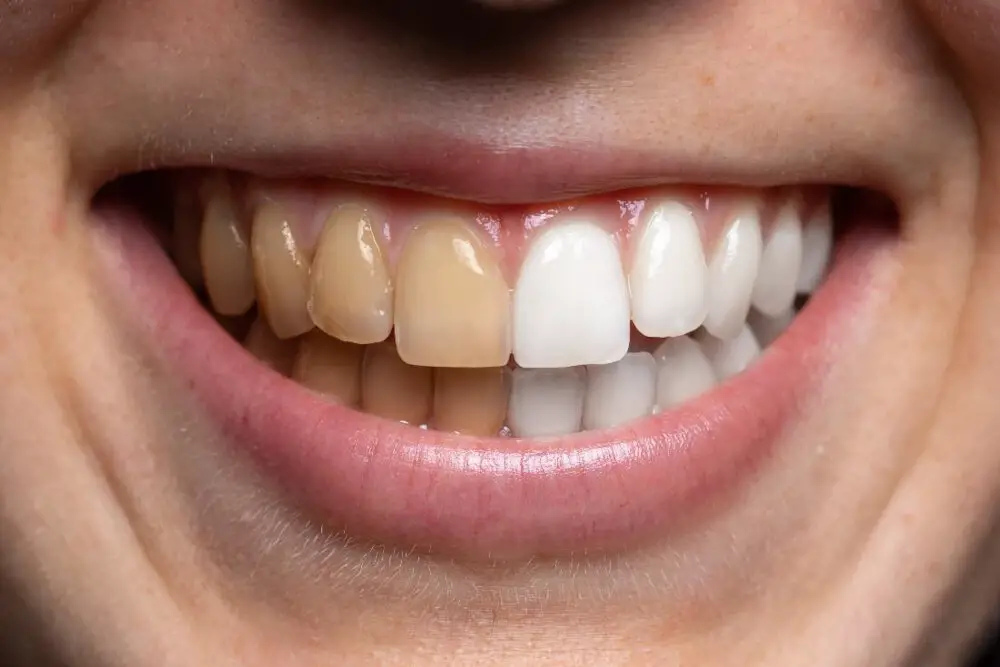
Dental treats and toys are excellent options to improve the oral health of your old dog. These products can help clean their teeth, massage their gums, and reduce plaque and tartar buildup. Dental treats come in different shapes, sizes, and flavors, and they can be a tasty way for your dog to maintain good dental hygiene. Some dental treats contain special enzymes or abrasive ingredients that help to break down plaque and freshen your dog’s breath. However, it’s important to choose dental treats that are appropriate for your dog’s age, size, and dental condition, and to avoid those with excessive sugar or fillers that can cause digestive problems. Toys can also be a great way to improve your dog’s dental health. Chewing on toys can help to clean your dog’s teeth and gums, as well as relieve boredom and anxiety, and promote healthy chewing habits. However, not all toys are created equal, and some can be harmful to your dog’s teeth or pose a choking hazard. Look for toys that are specifically designed for dental health, such as those with ridges or nubs that can help to clean teeth and massage gums. Additionally, always supervise your dog while they play with toys, and discard any toys that are damaged or worn out. By incorporating dental treats and toys into your old dog’s daily routine, you can help to keep their teeth and gums healthy and strong, and ensure that they stay happy and active for years to come.
Dental treats and toys are essential for your dog’s oral health, especially as your furry friend ages. These products help remove plaque and tartar buildup on your dog’s teeth and gums, which can cause bad breath, tooth decay, and gum disease. Dental chews and toys also stimulate saliva production, which naturally helps clean your dog’s teeth and freshen their breath. These products are usually made with natural ingredients like chicken, beef, and sweet potato, making them healthy and delicious for your dog. By incorporating dental treats and toys into your dog’s daily routine, you can help keep their teeth and gums healthy and prevent costly dental procedures in the future.
As pet owners, it is our responsibility to ensure that our furry companions receive the best possible care. When it comes to dental health, it is important to regularly schedule visits with a veterinarian who can provide professional cleanings and identify any potential issues. Additionally, it is recommended to incorporate dental-friendly treats and toys into your pet’s routine, as well as brushing their teeth regularly with a soft-bristled brush and toothpaste made specifically for dogs. Avoid giving them hard treats or bones that can damage their teeth, and be mindful of any changes in their eating habits or behavior that may indicate dental discomfort. By following these recommendations, you can help improve your old dog’s bad teeth and overall quality of life.
Professional Cleaning
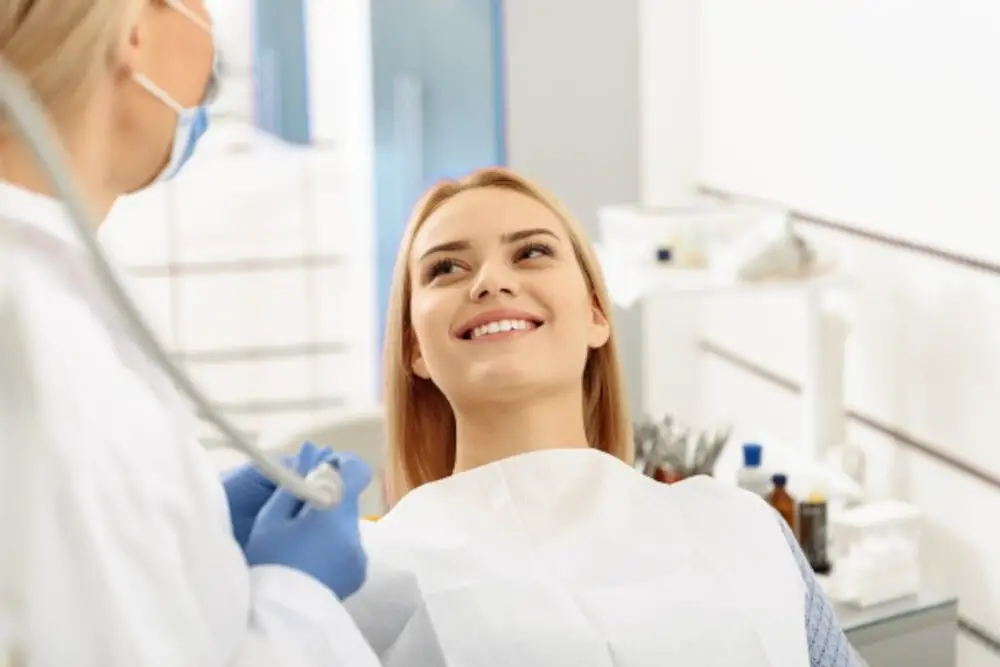
Professional cleaning is an essential step in maintaining your old dog’s dental hygiene. Regular brushing and dental chews can only do so much to remove plaque and tartar buildup. Over time, these can lead to gum disease, tooth decay, and even tooth loss. Professional cleaning involves a thorough examination of your dog’s teeth, gums, and mouth by a veterinarian. The vet will use specialized tools to remove plaque and tartar buildup and polish the teeth. The process is done under anesthesia to ensure your dog is comfortable and to allow for a more thorough cleaning. While professional cleaning can be costly, it is a worthwhile investment in your dog’s health. Not only can it prevent dental issues, but it can also detect other health problems such as infections or tumors in the mouth. Professional cleaning should be done annually, or more frequently if your dog has dental issues. It is important to note that professional cleaning is not a substitute for at-home dental care. Regular brushing, dental chews, and a healthy diet are still necessary to maintain good dental hygiene in your old dog.
As a pet owner, it’s important to seek professional dental care for your dog when you notice any signs of dental problems such as bad breath, loose teeth, bleeding gums, or difficulty chewing. Neglecting your dog’s dental health can lead to serious health issues such as tooth loss, infections, and even organ damage. Regular dental checkups and cleanings by a professional veterinarian can help prevent these problems and keep your dog’s teeth and gums healthy. Additionally, providing your dog with proper dental care at home, such as brushing their teeth and feeding them dental-friendly foods, can also improve their overall dental health and prevent the need for extensive dental procedures in the future.
Regular professional cleanings are crucial for maintaining your old dog’s oral health. These cleanings can help remove plaque and tartar buildup that can lead to gum disease and tooth decay. During the cleaning process, the veterinarian will thoroughly examine your dog’s teeth and gums for any signs of disease or abnormality. They will also use specialized tools to remove any buildup from the teeth and below the gum line. In addition to the cleaning, the veterinarian may also recommend dental X-rays to check for any issues below the surface. By scheduling regular dental cleanings for your old dog, you can help prevent serious dental problems and ensure they have a healthy and pain-free mouth.
Diet and Nutrition

As dogs age, their dietary needs change, and it becomes increasingly important to ensure they receive the proper nutrition. A balanced diet is a crucial component of keeping your elderly dog healthy and happy, and it can also improve their dental health. A diet rich in protein can help maintain muscle mass and prevent weight loss, while also promoting healthy teeth and gums. Additionally, incorporating fruits and vegetables into your dog’s diet can provide essential vitamins and minerals that support overall health and dental hygiene. Alternatively, certain foods, such as sugary treats and human food, can contribute to tooth decay and gum disease, so it is important to avoid these items. In addition to providing a balanced diet, proper nutrition can also be enhanced by incorporating dental-specific foods and supplements into your dog’s routine. Dental chews and treats can help reduce plaque and tartar buildup, while also freshening breath. Water additives and supplements can also be used to promote oral health and hygiene. When selecting these items, be sure to look for those that are specifically formulated for elderly dogs, as their needs may differ from those of younger dogs. Overall, a balanced diet and proper nutrition can play a significant role in maintaining your senior dog’s oral health and overall wellbeing.
Diet and nutrition play a crucial role in maintaining your dog’s oral health. A balanced diet rich in protein, vitamins, and minerals helps to strengthen your dog’s teeth and gums. Feeding your dog dry kibble instead of wet food can help reduce the buildup of plaque and tartar on their teeth. Additionally, dental chews and bones can help remove debris from teeth and massage the gums. However, it’s important to monitor your dog’s caloric intake and avoid overfeeding to prevent obesity, which can lead to dental problems. Providing your dog with proper nutrition and dental care can significantly improve their oral health and overall well-being.
To keep your dog’s teeth healthy, it’s important to provide them with foods that promote dental health. Feeding your dog hard kibble and raw bones can help them scrape away plaque and tartar buildup, keeping their teeth clean and strong. Additionally, incorporating crunchy vegetables like carrots and broccoli into their diet can help clean their teeth and freshen their breath. Avoid giving your dog sugary and starchy foods, as these can cause tooth decay and damage. Providing your furry friend with a balanced and nutritious diet can go a long way in maintaining their dental health and overall wellbeing.
As dogs age, their dental health becomes increasingly important. Poor dental hygiene can lead to a variety of health problems, including tooth decay, gum disease, and even heart disease. It’s essential to take care of your dog’s teeth by regularly brushing them, providing them with dental treats and toys, and taking them for regular dental checkups. By doing so, you can help prevent painful dental issues and ensure that your furry friend stays healthy and happy well into their golden years. Remember, a healthy mouth means a healthy pup!
As dog owners, we all want our furry friends to be healthy and happy. One of the most overlooked aspects of a dog’s health is their oral hygiene. The article \5 Effective Ways to Improve Your Old Dog’s Bad Teeth\ provides valuable tips and tricks to help improve your dog’s oral health. From brushing their teeth regularly to offering dental chews and treats, these small changes can make a big difference in your dog’s overall health and well-being. So, why not give it a try? Implement these tips and tricks and see the positive changes in your dog’s teeth and gums. Your furry friend will thank you for it!
Conclusion
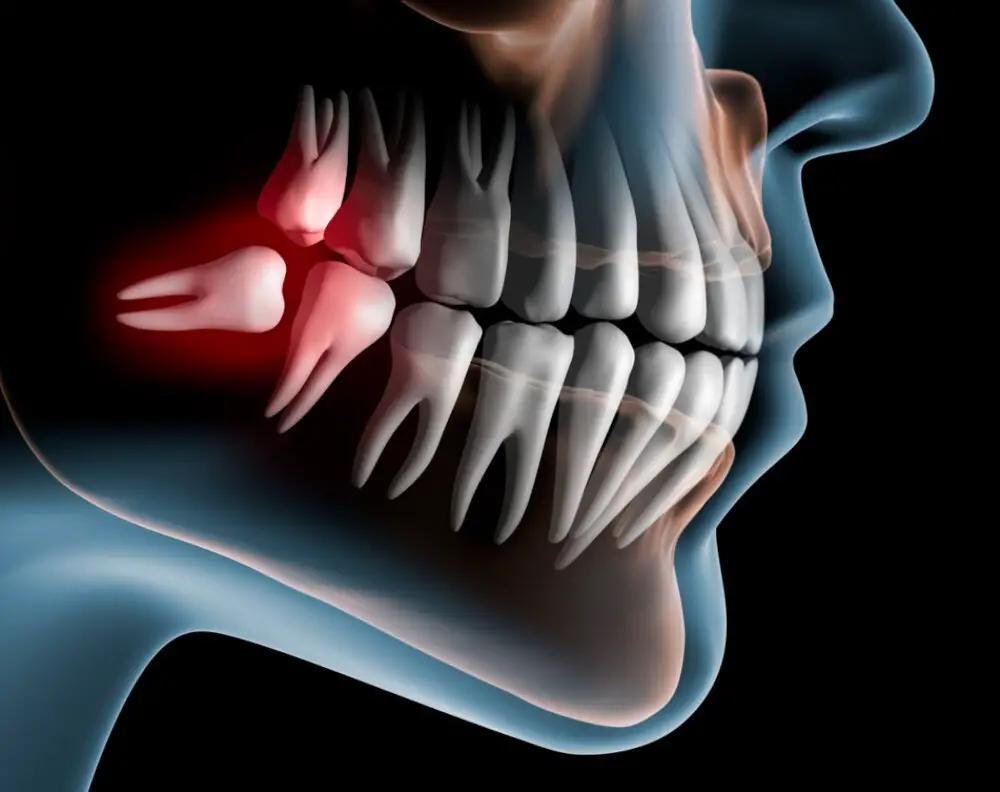
In conclusion, taking care of your old dog’s dental health is crucial for their overall well-being. Neglecting their teeth can lead to serious health issues and discomfort for your furry friend. However, there are simple and effective ways to improve their dental health, such as regular brushing, providing dental chews and toys, offering a balanced and healthy diet, and scheduling routine dental checkups with your veterinarian. By implementing these techniques, you can ensure that your old dog’s teeth stay healthy and strong, allowing them to continue living a happy and comfortable life. Remember, a little effort can go a long way in maintaining your pet’s oral hygiene.
